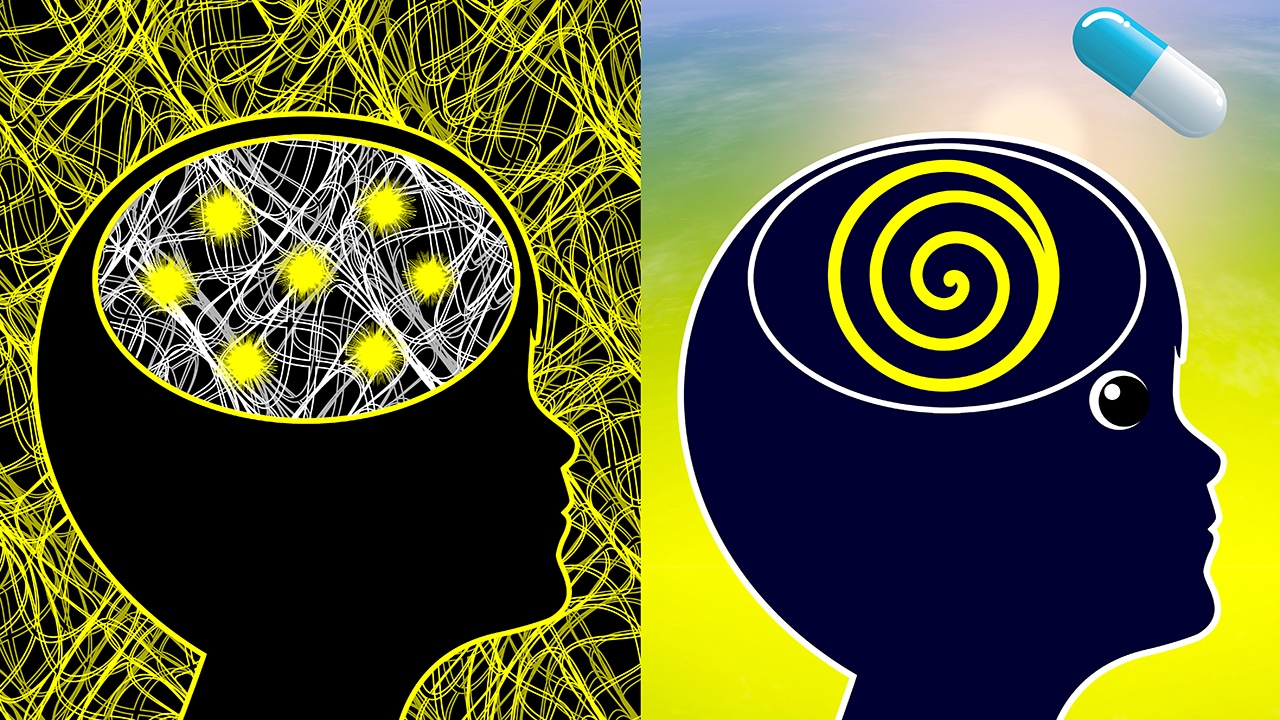Abstract and Introduction
Abstract
Post-Traumatic Stress Disorder (PTSD) affects many healthcare providers who worked during the COVID-19 pandemic. Identifying the symptoms, precipitating factors, and available treatments is essential to mitigate long term effects on personal, patient, and organizational outcomes. PTSD may lead to chronic health conditions, poor patient care, and contribute to the nursing shortage. The purpose of this article is to discuss PTSD and its factors, identify tools to improve nurses' resilience, and discuss administrative strategies for creating a healthy workplace during times of pandemic stress.
Introduction
Post-traumatic stress disorder (PTSD) in nurses and other healthcare workers is one outcome of the COVID-19 pandemic (Dutheil et al., 2020). Proactive prevention measures, education, and early identification of symptoms will reduce effects of stress, and potentially reduce loss of life (Jun & Melnyk, 2020). The purpose of this article is to discuss PTSD and how it relates to healthcare professionals, particularly, nurses. Risk factors such as co-worker conflict, personal and professional obligations, moral injury, and gender differences are examined. Resilience strategies such as the Resilience in Stressful Events (RISE), MINDBODYSTRONG, and the Wellbeing Initiative with mood fit app programs are interventions which may prevent or treat pandemic-related stress. Additionally, the significance of administrative support will be emphasized.
Online J Issues Nurs. 2023;28(1) © 2023 American Nurses Association










